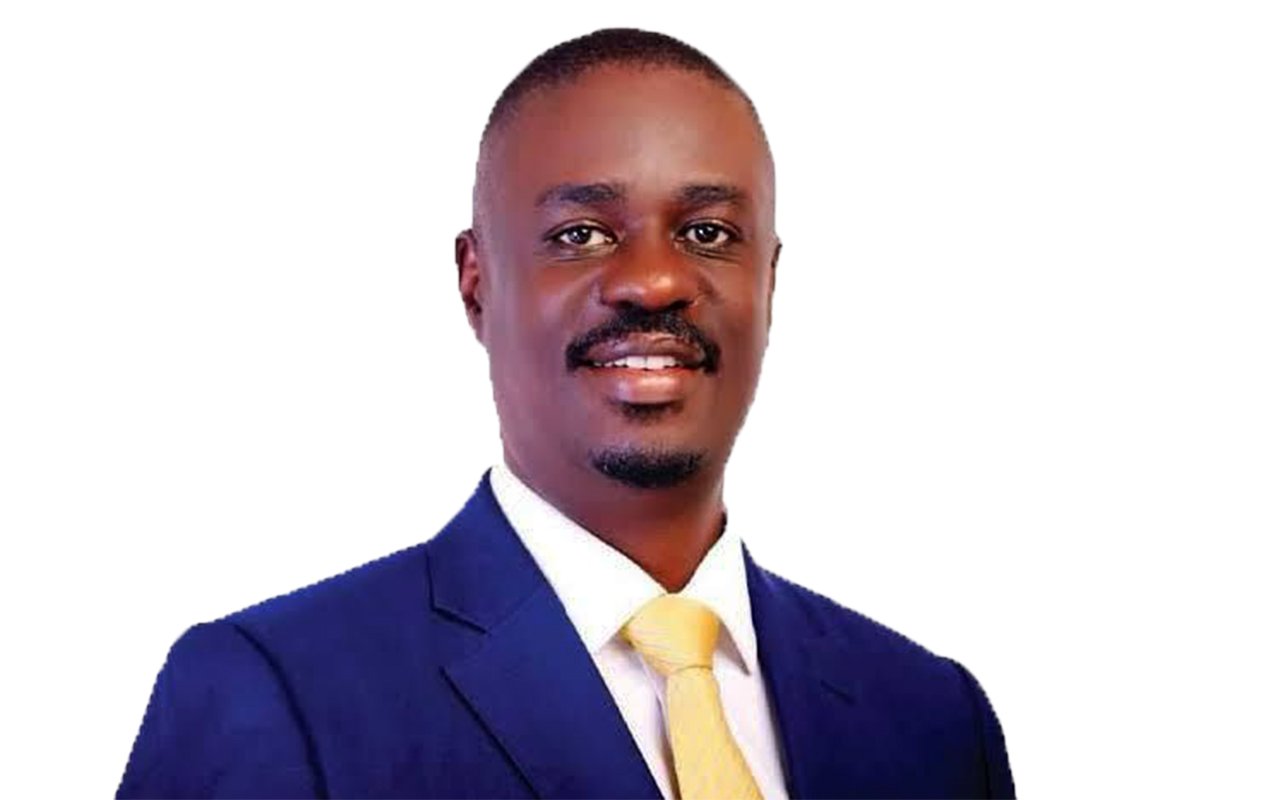PDM is the embodiment of the government’s manifesto

Hon. Dennis Galabuzi Ssozi. Photo/Courtesy
What you need to know:
- We have long explained development at a large scale. Let’s look towards a more decentralized definition, where we can showcase economic empowerment at the household and individual level, and ultimately, development.
About two and a half decades before, Uganda had just won a war against colonialism by attaining independence. The NRA followed up with a successful war. Then came the war on poverty. This is an intricate war, different from the other two because it doesn’t need guns or rebellion. It is a war that affects the people for whom the first two wars were fought, and therefore needs strategy, understanding and time.
In Uganda today, the war on poverty is far from finished. We have 39 percent of the population still living in the subsistence economy. There are Ugandans who spend weeks, or even months, without interacting with any amount of money!
Even then, the government, under the stewardship of H.E Yoweri Kaguta Museveni has already done a great job, through initiatives like Operation Wealth Creation that saw us cut the number of Ugandans in subsistence from 68 percent of the population in 2016 to the 39 percent we talk of today. For that latter figure, we have the Parish Development Model (PDM).
We must recognize that poverty isn’t only the lack of money, but the absence of many things that need to be put in place to facilitate sustainable development.
That is why throwing money at the problem enables neither financial liberation nor development. It must be a systematic process, which the PDM Secretariat is following. We must start with establishment of these structures, then to stabilization of the household economy and ultimately its sustainability.
For establishment, we have made big strides. 10,594 parishes have been gazetted countrywide and all have been capitalized, up to at least Shs100m. These have well-registered members who are clustered into groups and each of them is bankable. In 2021, before the PDM was launched, there were 4 million Ugandans with bank accounts as reported by UCC.
In December 2022, 10 months after the launch, the Deposit Protection Fund reported 14 million bank accounts in Uganda, which number must have shot up by now given our continuous work under financial literacy. That alone is a sound achievement, as a bankable population is a key indicator of development.
In addition, we have a strategy to make this financial intervention sustainable, where in the long run, the PDM SACCOs will grow into standard banks in the parish/community.
This will translate into the biggest community bank that will have 10,594 branches countrywide, offering affordable and accessible credit and finance services to the common Ugandan.
Even with such success, our role is not to paint a glossy picture but a real one. We are now at a stabilisation phase, where people are starting to use the Parish Revolving Funds they accessed over the last financial year.
This is the financial liberation we are talking about. It is a gradual process that requires the patience of Ugandans and the support of all political leaders to uplift Ugandans who are basically at the lowest point of the economic chain to grow into the money economy.
We have long explained development at a large scale. Let’s look towards a more decentralized definition, where we can showcase economic empowerment at the household and individual level, and ultimately, development.
Hon. Dennis Galabuzi Ssozi is the National Coordinator of the Parish Development Model Secretariat




